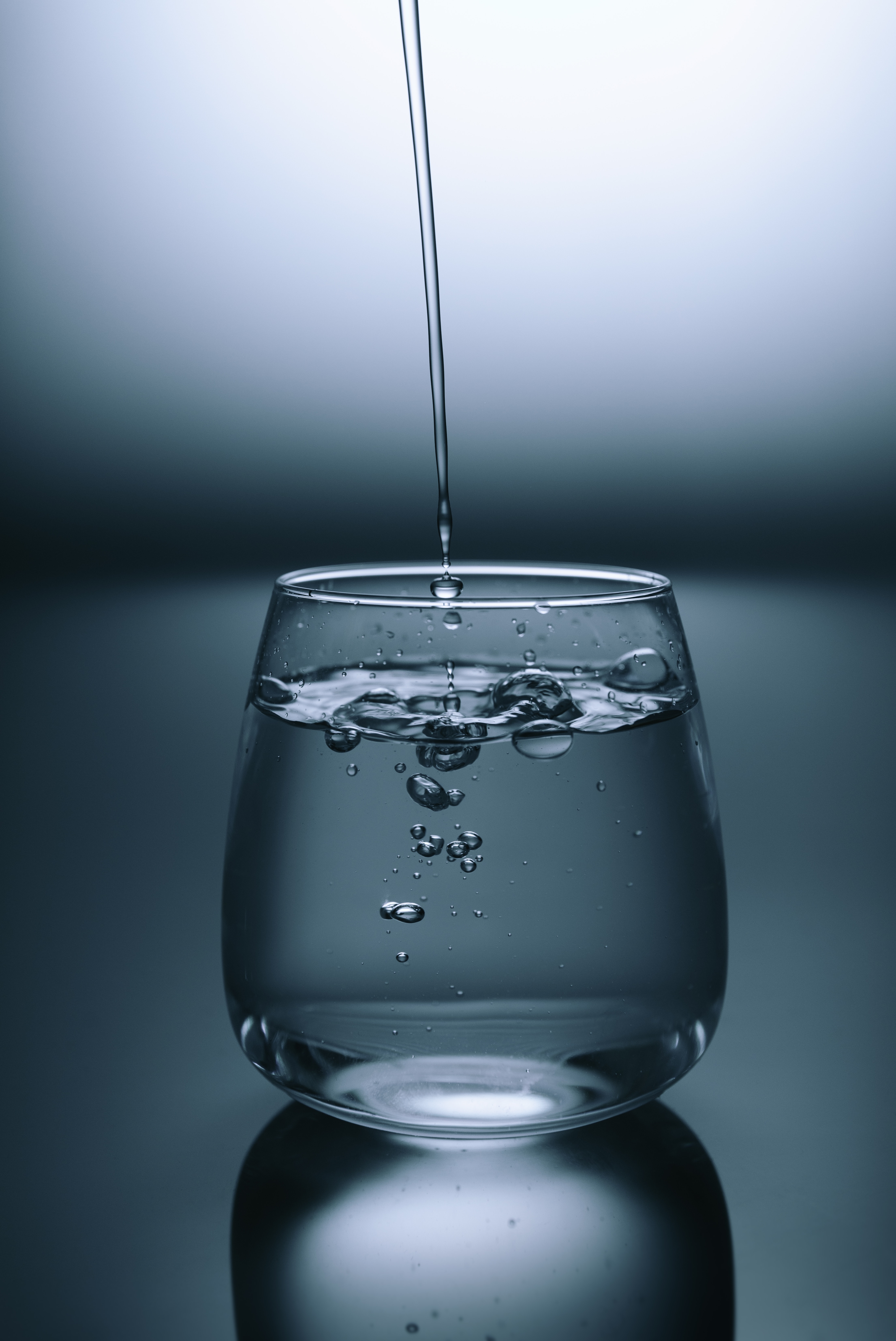We’ve all heard it at some point in our lives, when we’ve gotten sick:
“Drink plenty of fluids.”
But have you ever wondered about the reasoning behind this advice?
When we are sick or injured, our bodies respond with a complex series of processes we commonly call inflammation. And despite what is suggested by some drug commercials, inflammation is NOT intrinsically bad.
On the contrary, inflammation is a powerful weapon deployed by our bodies to fight and eliminate an offending agent, be it a virus, a dangerous strain of E. coli, or a chemical irritant.
The inflammatory response also helps to remove damaged tissue so that repair can take place. Underneath those unsightly or painful signs of inflammation – twisted ankle, anyone? – there is usually a lot of good things going on.
I say usually because, if the inflammatory response is too aggressive, disproportionate or becomes chronic, it can make matters worse or lead to new problems.
The classic signs of inflammation are heat (an increase in body temperature), pain, redness (caused by increased blood flow to the injured site), swelling and loss of function (usually temporary).
Like boiling stream water, that increase in temperature is merely an attempt to kill pathogens. And whether or not it manifests as fever, that higher temperature can cause or accelerate dehydration.
Nothing good ever comes from being dehydrated.
By drinking plenty of fluids when sick, the likelihood of dehydration decreases and recovery is hastened. That is the medical reason for the ubiquitous advice.
Drinking plain water might not be enough, though. In the presence of vomiting, diarrhea and/or profuse sweating, you are losing copious amounts of the electrolytes needed to get water inside cells. In these circumstances, you need to replace those lost electrolytes. A sports drink like Gatorade, saltines and bananas will do the trick.
(Photo by Kobu Agency on Unsplash)
